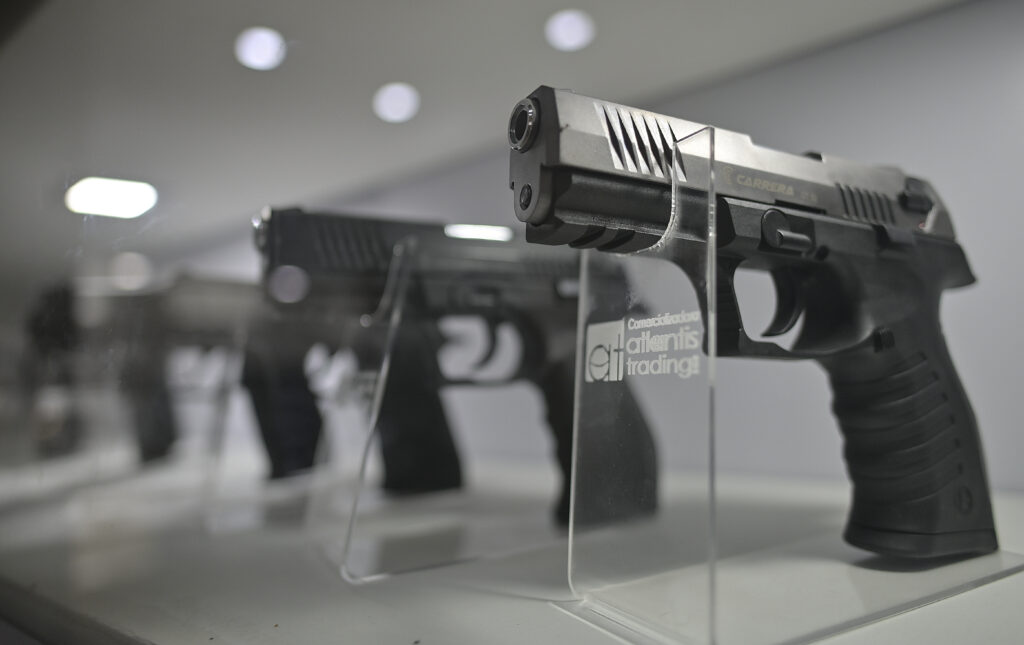
- ARAB NEWS
- 01 Aug 2025

Tokyo: The Japanese government Wednesday advocated allowing exports of some lethal weapons and transfers to third countries of defense equipment that Japan developed jointly with other countries.
The view was presented at a meeting of working-level officials of the ruling Liberal Democratic Party and its coalition partner, Komeito, who resumed discussions on a proposed easing of the country’s restrictions on defense equipment exports.
Taking into account the government’s view, the two parties will discuss how to revise the implementation guidelines for the country’s three principles on defense equipment transfers.
At the meeting, the government said that exports of equipment mounted with weapons should be accepted if the purpose falls into any of the five categories of rescue, transportation, vigilance, surveillance and minesweeping, for which defense equipment exports are warranted under the guidelines.
The interpretation would allow exports of minesweepers with cannons used to dispose of sea mines. The government also proposed allowing exports of defense equipment mounted with weapons for self-protection.
The government hopes to ease rules on transfers of jointly developed equipment as it has teamed with Britain and Italy to develop a next-generation fighter jet, a project difficult to complete for Japan alone.
The framework of the joint fighter development would be negatively affected if Japan does not allow exports of the jointly developed fighter jet, the government told the meeting.
As an issue that needs to be discussed, the government cited how to properly manage defense equipment exports to prevent them from escalating conflicts or being resold.
The government also presented the idea that weapon parts not capable of killing or injuring people themselves should not be considered weapons, apparently bearing in mind the possibility of exporting engines for F-15 fighters of the Air Self-Defense Force that will be retired.
Early last month, the two parties agreed that transfers of jointly developed defense equipment should be allowed, but they were apart over what to do with the current rule limiting exports of defense equipment to the five categories.
The LDP called for scrapping the rule, while Komeito argued that any change to the rule should be limited to adding other categories. The two sides suspended the discussions by releasing a report showing both opinions.
The two parties were slated to resume the talks in autumn, but the discussions restarted earlier following instructions from Prime Minister Fumio Kishida.
Kishida is in a hurry apparently in hopes of accelerating preparations for the joint fighter development with Britain and Italy. Also, the government aims to show stronger support for Ukraine under Russia’s military attacks, in the run-up to a series of international meetings in autumn.
JIJI Press